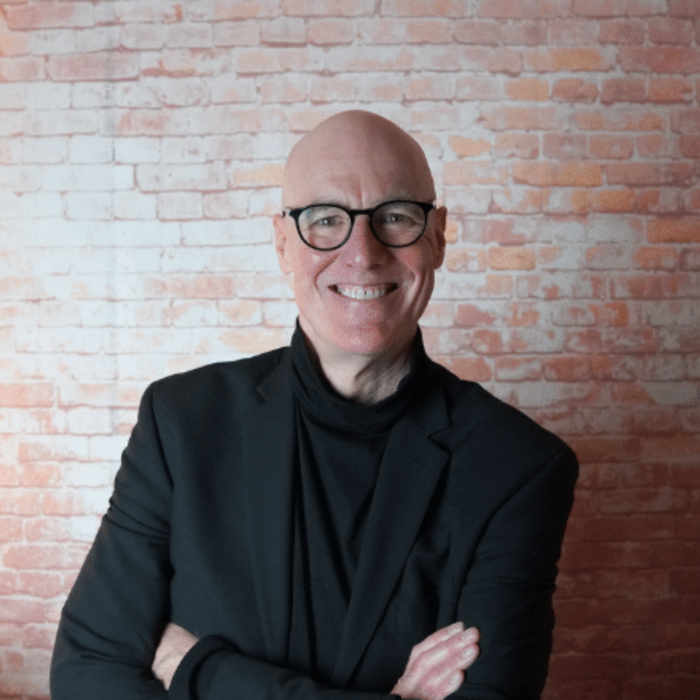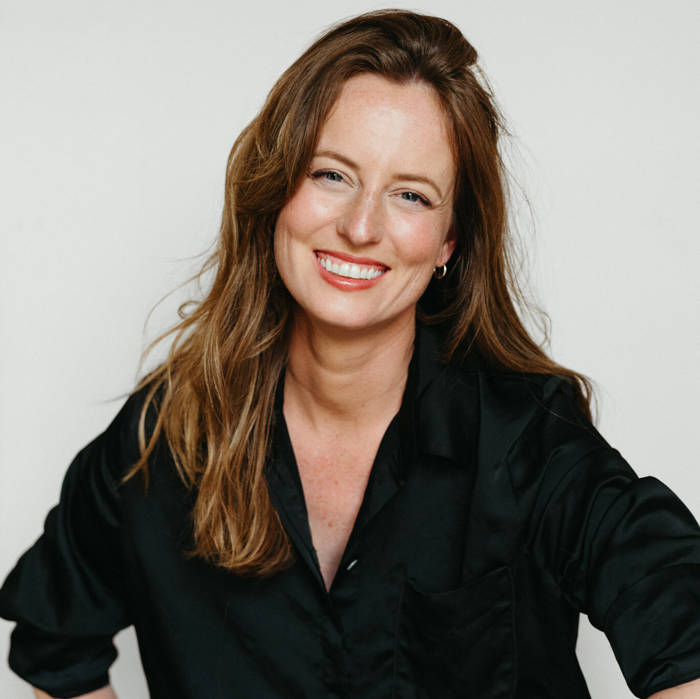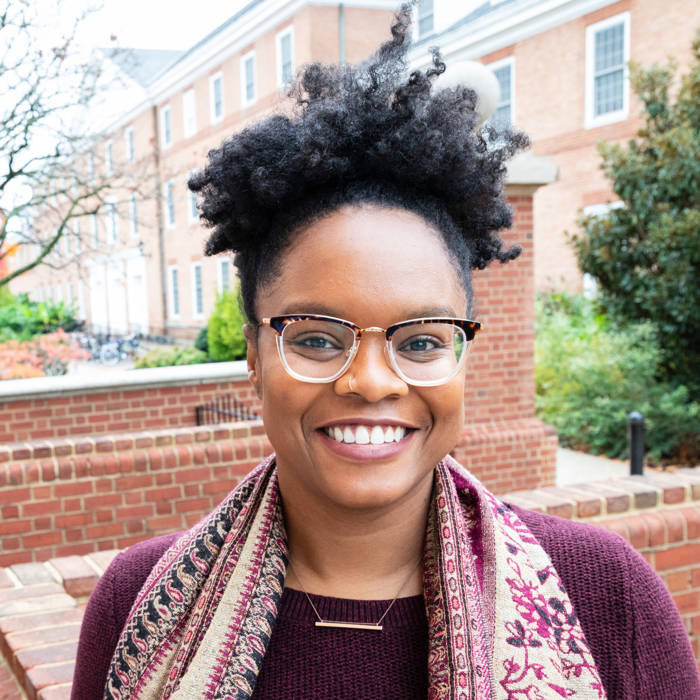Brain, Movement, and Song
Thursday 4th March 2021, 5:00 PM - 7:00 PM (London Time)
This workshop will provide a gross overview of brain anatomy with a focus on how the brain controls movement, and the voice in particular.
Motivating case
- Meet the Chimpanzees: Viki and Washoe
- Why can Apes use sing language, but not speak or sing?
- Is there something special about the way that the human brain controls the voice?
Gross brain primer
- The four lobes
- Grey matter vs white matter
- Networks
Neuroscience of movement
- Primary motor cortex
- Somatotopy
- Descending motor pathways
- Movement from electrical stimulation
- Paresis from damage, e.g., stroke
- Cortico-striatal loop
- Functions
- Executing motor plans
- Learning new motor plans
- Anatomical components & their connections
- Supplementary Motor Area
- Basal Ganglia
- Thalamus
- Relevant disorders
- Parkinson’s disease
- Huntington’s disease
- Functions
- Cortico-Cerebellar Loop
- Functions
- Correcting movement errors
- Sensory feedback
- Anatomical components
- Cerebellum
- Thalamus
- Functions
- An example from Dance: fMRI Tango!
- Lead with your cortico-striatal loop
- Follow with your cortico-cerebellar loop
Neuroscience of song
- Specialisation for voice motor control
- Uniqueness to humans
- Electrical stimulation & Lesions
- Brain imaging studies
- Song
- Speech
- Emotions
Birdsong
- Avian song production system
- Analogy with human primary motor cortex
- Avian song learning system
- Analogy with human cortico-striatal loop
- Brain imaging evidence
- Vocal imitation fMRI
Summary
- Humans share a motor system with other mammals
- But with some voice specialisation
- Similar specialisation also appear in songbirds
Dr Michel Belyk
Dr Michel Belyk is a Senior Lecturer in Psychology at Edge Hill University. He studies the human voice, all the things that it says, and how it is able to say them.
Sorry, this is an archived short course...
We have plenty of upcoming short courses coming soon. See details of some of them below or look at the full list of short courses.

Tuesday 22nd July 2025
5:00 PM - 7:00 PM
Tuesday 29th July 2025
5:00 PM - 7:00 PM
Tuesday 5th August 2025
5:00 PM - 7:00 PM
Tuesday 12th August 2025
5:00 PM - 7:00 PM
Tuesday 19th August 2025
5:00 PM - 7:00 PM
Tuesday 26th August 2025
5:00 PM - 7:00 PM
(London Time)
Certificated Public Speaking Coach qualification - with John Henny

John Henny
Would you like to be a certified public speaking coach? Join the renowned John Henny for this exciting new online course! This six-week online certification course is designed to equip voice teachers with the specialised skills needed to work with public speakers, corporate trainers, educators, and presenters. Unlike a general public speaking course, this program is specifically tailored to train-the-trainer, giving voice professionals structured methodologies, coaching techniques, and applied skills to enhance vocal delivery, confidence, and influence in professional speakers.

Thursday 24th July 2025
5:00 PM - 6:00 PM
(London Time)
Transitioning From Soprano To Mezzo-Soprano - Pedagogical Approaches!

Dr Caitlin Moore
This workshop will explore the considerations for transitioning from soprano to mezzo-soprano. We will examine the history and vocal science related to voice classification as well as interviews with singers and voice teachers. Interviews feature singers who have experienced this Fach change themselves, as well as voice teachers who have helped singers navigate this shift.


Tuesday 29th July 2025
5:00 PM - 7:00 PM
(London Time)
Towards a Jazz Pedagogy: Lessons from Legends and Educators!

Dr Autumn Griffin
Join Dr Autumn Griffin as she explores the foundational tenets of jazz pedagogy as both a conceptual and practical framework for teaching, in this two-hour workshop. Drawing from her research in “Towards a Jazz Pedagogy: Learning with and from Jazz Greats and Great Educators,” she’ll investigate how jazz (its historical and cultural legacy, structure, improvisation, and relationality) can be mobilized to inform dynamic, liberatory educational practice!
